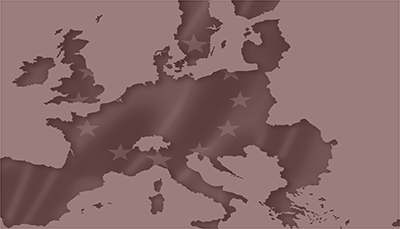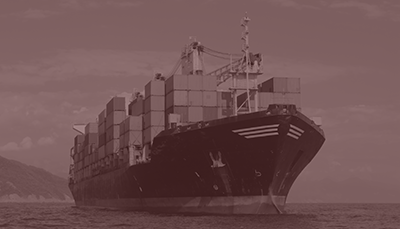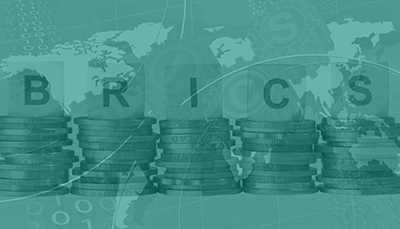Russia’s invasion of Ukraine three years ago sparked an ongoing conflict, making access to advanced technology essential. Western sanctions aim to restrict Russia’s access to dual-use goods that are essential to its war effort. Despite these sanctions, Russia has found new suppliers, mainly in China, to replace some of its imports of such goods. However, this substitution has resulted in higher costs and potentially lower-quality imports. Charlotte Emlinger, Kevin Lefebvre
>>> |
The recent energy crisis has brought energy prices back to the forefront of industrial concerns. While much of the debate has focused on this issue, another key determinant – too often overlooked – plays a critical role in shaping industrial competitiveness: fiscal policy and its impact on demand. Expansionary fiscal policies can erode competitiveness by pushing up prices, which in turn weighs on exports. On average, over the past three decades, a 1% increase in demand in advanced economies has resulted, within three years, in a 1.8% decline in exports of manufactured goods. However, the impact on value added depends on the degree of trade openness. In sectors with low exposure to international trade, domestic sales can offset declining exports, meaning that stronger demand boosts manufacturing value added. By contrast, in highly open sectors, the fall in exports outweighs gains in domestic sales, ultimately reducing value added. Carl Grekou, Thomas Grjebine, Florian Morvillier
>>> |
- Multinational Enterprises Have Favored Employment in Their Domestic Affiliates since the Covid-19 Shock
Camilo Umana Dajud, Vincent Vicard, Constance Marette
- International Trade by Production Stage: What’s Real?
Pierre Cotterlaz, Guillaume Gaulier, Aude Sztulman, Deniz Ünal - Do Anti-immigration Attitudes Discourage Immigration? Evidence from a New Instrument
Etienne Bacher, Michel Beine, Hillel Rapoport - The Variance of Gravity
Camilo Umana Dajud - Deep Trade Agreements and Heterogeneous Firms’ Exports
Matteo Neri-Lainé, Gianluca Orefice, Michele Ruta
Industrial Policy: Managing Trade-Offs for Growth and Resilience. Discussion of the chapter of the IMF World Economic Outlook 2025
November 4, 2025
Sovereign Default and IMF Stabilization: Lessons from Sri Lanka
November 5, 2025
The CEPII research seminar "International Banking Flows and Financial Crises"
November 6, 2025
15th Annual International Conference on Immigration in OECD Countries
December 11 - 12, 2025
7th EMME Workshop Emerging Market MacroEconomics
March 20, 2026
American Protectionism: The Stakes of July 9, 2025 Following the inauguration of the new Trump administration on January 20, 2025, a return to traditional protectionism was expected, but few foresaw its intensity. On April 2, the “Liberation Day,” President Trump announced “reciprocal tariffs” — hikes of 11 to 50 percentage points against 57 trading partners accused of exploiting the U.S. Yet, just a week later, on April 9, he reversed course, declaring a 90-day pause and replacing the plan with a universal 10-point tariff surcharge. Antoine Bouët, Houssein Guimbard, Cristina Mitaritonna, Balthazar de Vaulchier, Yu Zheng >>> |
Multinational Enterprises Have Favored Employment in Their Domestic Affiliates since the Covid-19 Shock Multinational enterprises (MNEs) have proven being more resilient in terms of employment than purely domestic groups since the health crisis, especially in their home country. Camilo Umana Dajud, Vincent Vicard, Constance Marette >>> |
- Contact us
- Our other sites
 |
ISSN: 1255-7072
Editorial Director : Antoine BouëtManaging Editor : Evgenia Korotkova









.jpg)


